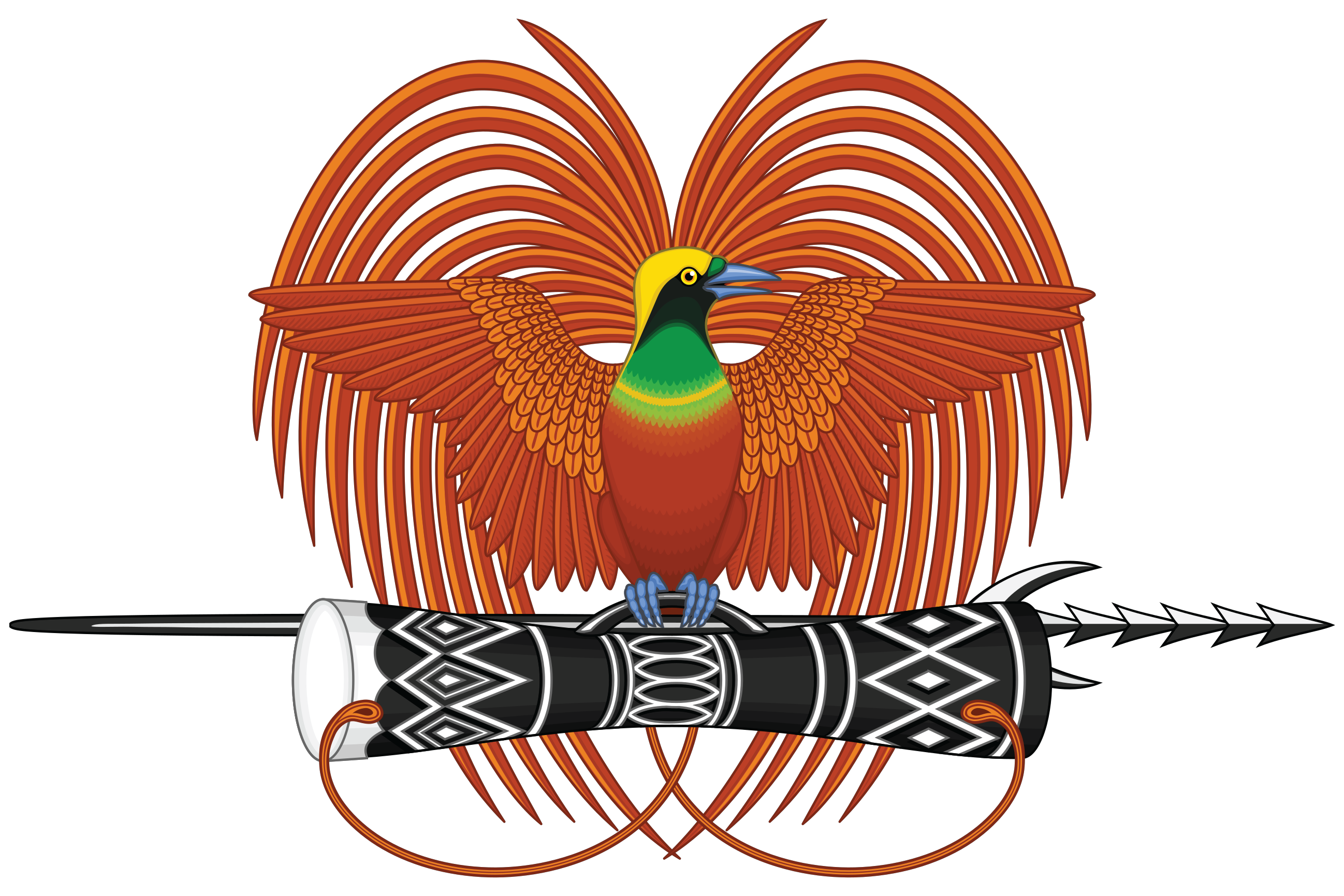FAO Enhances Cold Chain in Costal and Islands Fisheries with Cooler Boxes Initiative Under EU-STREIT PNG Programme
Under the EU-STREIT PNG Programme, the FAO has equipped 10 Sepik fishing groups with cooler boxes, impacting around 1,000 fishers. This initiative enhances seafood quality and market efficiency, reduces transportation costs, and forms part of a broader effort to support over 14,500 individuals in sustainable fishing practices in Papua New Guinea.

Coastal and Islands Fisheries Beneficiaries received cooler boxes provided by the FAO under the EU-STREIT Programme in Papua New Guinea.
©FAO-STREIT
Wewak, Papua New Guinea – In a landmark initiative to bolster cold chain capacities among fisheries communities, the Food and Agriculture Organization of the United Nations (FAO), under the EU-STREIT PNG Programme, has supplied essential cooler boxes to 10 fishing groups in the Sepik region. This critical effort aims to benefit approximately 1,000 fishers, signifying a major advancement in sustainable fishing practices and market efficiency.
Enriching the Quality of Seafood through Cooler Boxes
The cooler boxes, a central aspect of this initiative, play a vital role in maintaining the freshness of the catch and ensuring its high quality when it reaches the market. This intervention not only extends the shelf life of seafood but also supports fishers in transporting their catch under optimal conditions. The use of these cooler boxes is instrumental in enhancing the overall quality of seafood that is made available to consumers.
Impacts on the Community: Beyond Preservation
The introduction of cooler boxes is more than just a preservation measure. It represents a strategic approach to managing the supply of perishable items like fish in a more economical and efficient way. By reducing the need for frequent, small-scale trips to the markets, these cooler boxes are helping to cut down on transportation costs, thereby contributing to the sustainability and economic resilience of the fishing communities.
Broader Outreach and Comprehensive Support
This initiative is part of a larger scheme by the FAO to empower coastal and island communities. The distribution of boats, engines, solar freezers, and now cooler boxes, is set to impact around 14,500 individuals directly.
It's important to note that this support extends beyond the coastlines, including riverine fisheries and inland fish farming (aquaculture), with an emphasis on resource distribution and skill development.
Training for Sustainable Practices
In line with its commitment to sustainable fishing, FAO recently conducted a 3-day training session at the Wirui Catholic Church premises in Wewak. This training catered to local fishers from the Stouten Island chain and Wewak Islands, including significant participation from women, underlining the Programme's dedication to inclusive practices. The curriculum covered a range of critical subjects from understanding marine habitats to adapting to climate change impacts, with a strong focus on imparting practical skills crucial for modern fishing activities.
Continued Efforts for a Sustainable Future
The FAO's EU-STREIT PNG Programme remains steadfast in its commitment to enhancing the fishing sector. Plans are underway to extend this support through additional training, resource provision, and the development of a Fisheries Information System, ensuring a holistic approach to fostering sustainable fishing practices.
About the EU-STREIT PNG Programme
The EU-STREIT PNG Programme, spearheaded by FAO, is the European Union's largest grant-funded initiative in Papua New Guinea. Its primary focus is on driving sustainable and inclusive economic development in rural areas by improving returns and opportunities within three key value chains of cocoa, vanilla, and fisheries. The Programme also emphasizes strengthening value chain enablers, including the business environment, and supports the development of sustainable, climate-resilient transport and energy infrastructure across East Sepik and West Sepik provinces.
Contact
Amir Khaleghiyan International Reporting and Communication Officer +675 7410 2860 [email protected]



